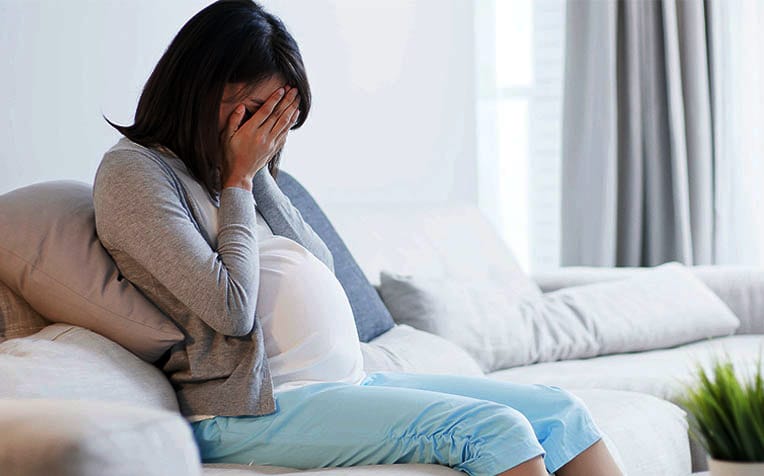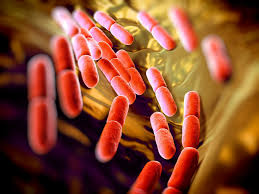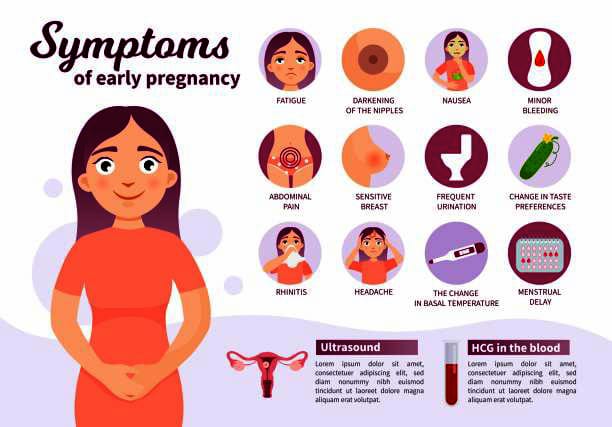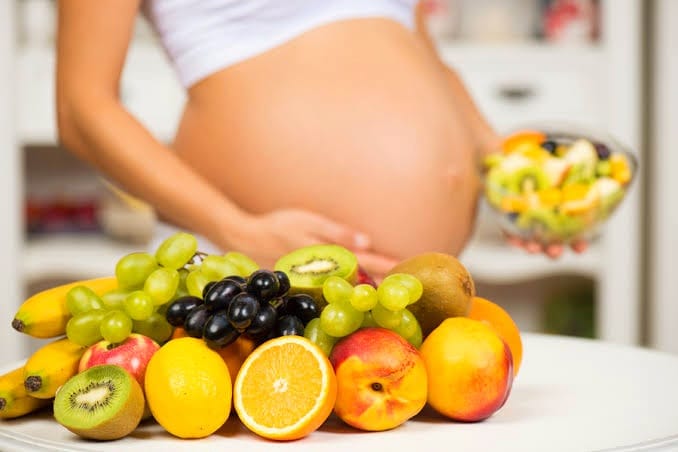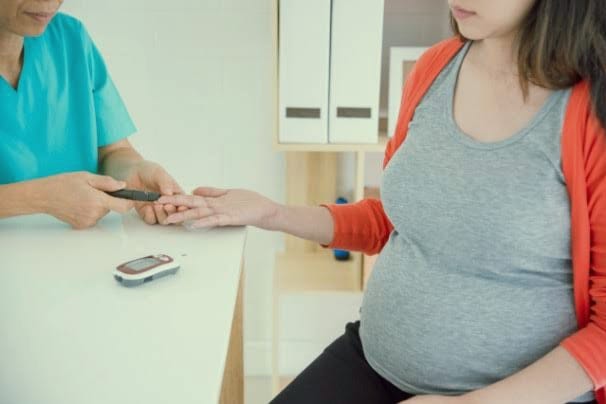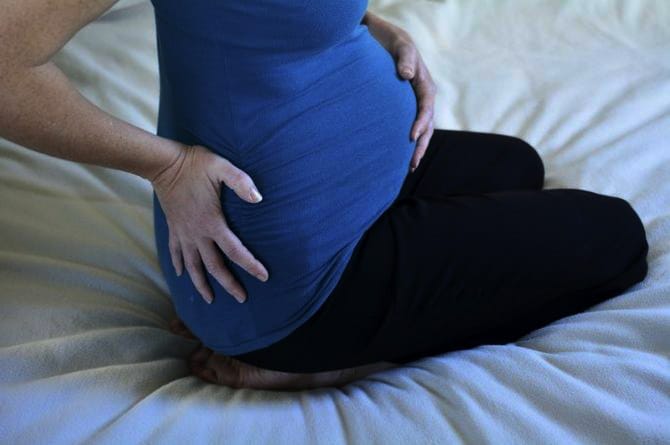Depression during Pregnancy
Your body experiences many changes during pregnancy. Depression during pregnancy can be caused by the stress of these changes. The way you feel about the world and yourself can be affected by this emotional shift. Because depression is treatable, it’s important to seek help from a health care professional if you have symptoms. Pregnant women who experience depression are more likely to develop postpartum depression.
- Depression
A frequent condition that can range from moderate to extremely serious is depression. It involves more than just passing moments of sadness or anger or experiencing grief following a loss. Your ideas, feelings, behavior, and physical health are all altered by depression. It has an impact on your day-to-day functioning. Depression can strike in a variety of circumstances and at different stages of life.
- Common Depression in Pregnancy
According to research, 7% of expectant mothers may suffer from depression at some point during their pregnancy. Rates may be higher in low- and middle-income countries.
The most common mood disorder in the general population is depression, which is characterized by prolonged feelings of sadness and listlessness. Depression is twice as common in women as in men, and it usually peaks around a woman’s reproductive years. Being pregnant can be both joyful and stressful.
- Risk factors for depression in Pregnancy
Some risk factors for depression in pregnancy:
- Conflicting feelings around your pregnancy
- Living alone
- Fear and Nervousness
- Violence against intimate partners
- Risk during pregnancy increases with your age
- Having little social support
- A history of anxiety
- Symptoms of Depression in Pregnancy
The signs and symptoms of depression in pregnancy including:
- Low compliance with prenatal care
- Inability to enjoy activities that are often considered pleasurable
- Too much worry about your baby
- Smoking, consuming alcohol, or using illegal substances
- Feeling unworthy, guilty, or hopeless
- Losing interest in other people and your environment
- Inadequate or poor nutrition leading to weight loss
- Having trouble concentrating or making decisions
- Suicidal thoughts
- Treatment of Depression in Pregnancy
If depression is not treated during pregnancy, it can turn into postpartum anxiety or depression after the baby is born.
Treatment for your depression may include both psychotherapy and medication, depending on how severe it is.
Some tips
Discuss your feelings:
If you feel anxious or nervous about the future, don’t hold it back. Get support from your partner, family, friends, a support group, or a counselor or therapist.
Talk Therapy:
Talk therapy, also known as psychotherapy, can help you develop coping strategies and overcome the difficulties of going through a major life transition. You can meet with a therapist in person or remotely.
Diet:
Maintain a nutritious diet and avoid sugary drinks. If it is affordable, buy organic and use cook beef meals.
Exercise:
If you can, up your physical activity level as it can help you sleep better and feel better overall. If you’re feeling overwhelmed, consider practicing relaxation breathing techniques.

